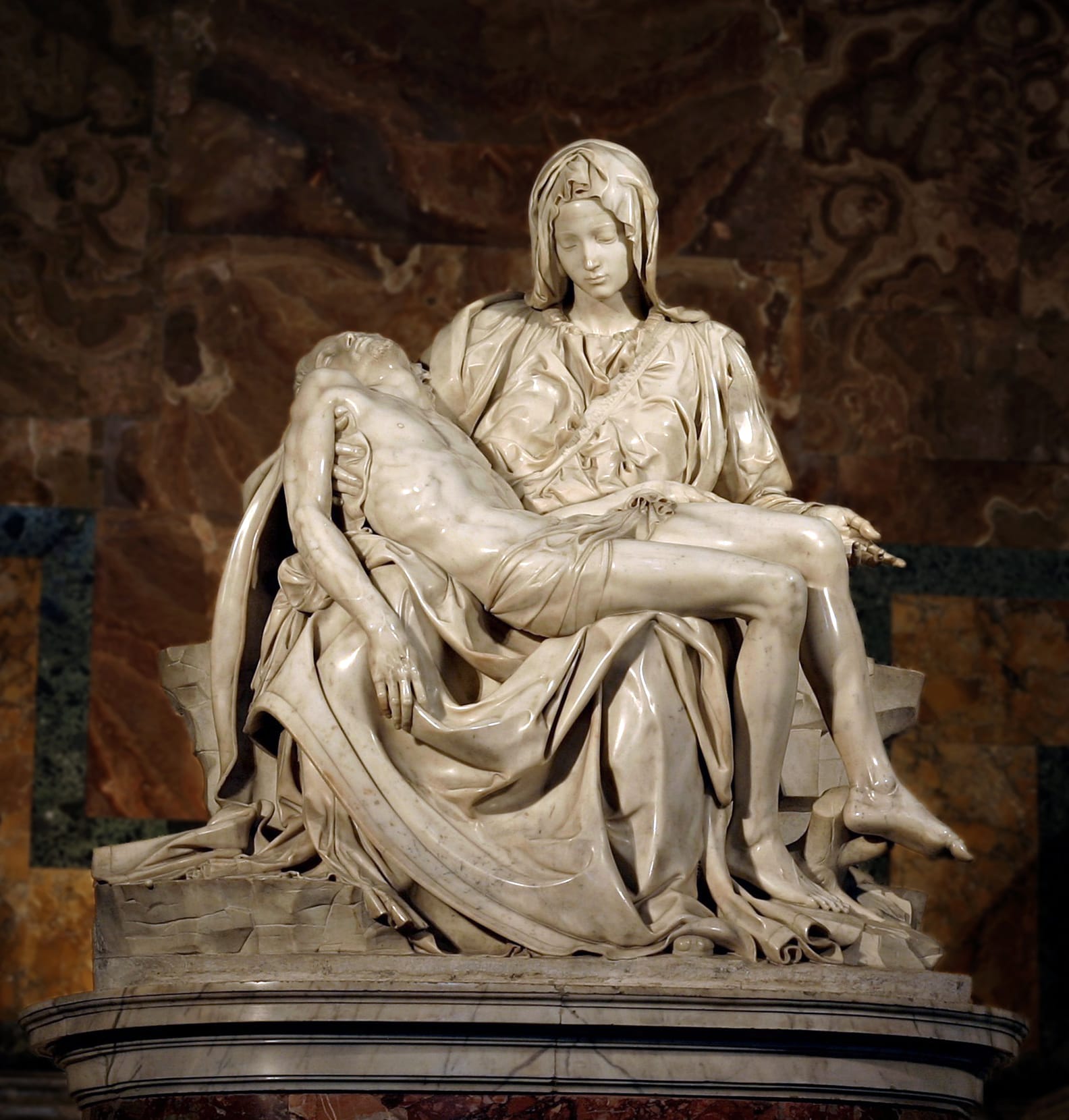
Werner Herzog's memoir Every Man for Himself and God Against All offers a fascinating glimpse into the life of this renowned filmmaker. While I'm not a huge fan of his films, even though I've seen many, I find Herzog's perspective as a writer to be compelling.
One of his most famous concepts is ecstatic truth, a term he coined to describe a form of truth that is not bound by factuality. This is not to be confused with the Republican notion of "alternative facts," as Herzog is not ignoring or denying facts. Rather, he seeks to illuminate and enhance them, much like how Miles Davis might explore a musical note by not playing it directly, but by playing around it. This idea of "ecstatic truth" resonates with me. Years ago, I shared with a lover a story I’d written, only to have her accuse me of fabricating details. My response at the time was that the story represented a more essential truth, even if the specifics were not entirely factual. “But it’s not truth,” she said.
“It’s narrative truth,” I replied.
"So, a lie."
Obviously, she wasn't having it.
Let me say one thing about ecstatic truth. The simplest way to explain it is by looking at Michelangelo’s Pietà, the statue. Jesus in the arms of Mary is a thirty-three-year-old man, tormented on a cross and taken down, but his mother is only seventeen. It’s one of the most beautiful sculptures that was ever created. And my question now is did Michelangelo try to cheat us, did he try to give us fake news, defraud us, lie to us? The answer, of course, is no. He shows us a deeper truth of both figures.
— Werner Herzog, Werner Herzog Has Never Liked Introspection
Read The Ecstatic Truth in the New Yorker (2006).
Read Werner Herzog Has Never Liked Introspection in the New Yorker (2022).
Read Werner Herzog Defends His Ecstatic Truth (2023).
